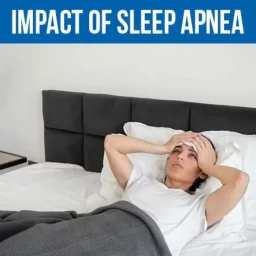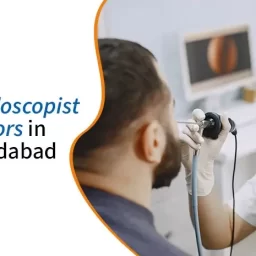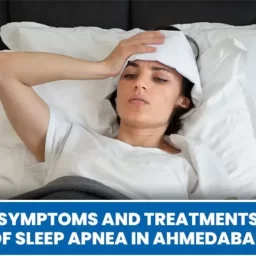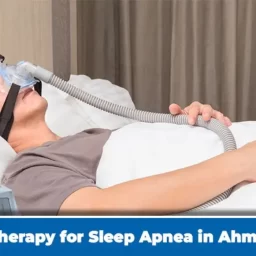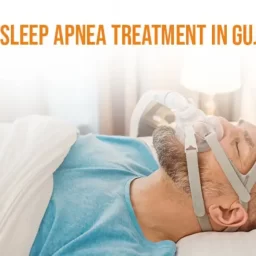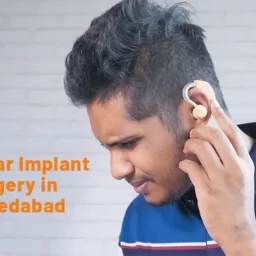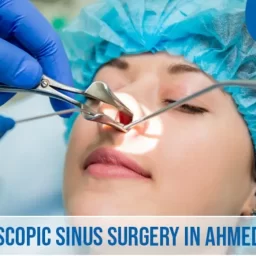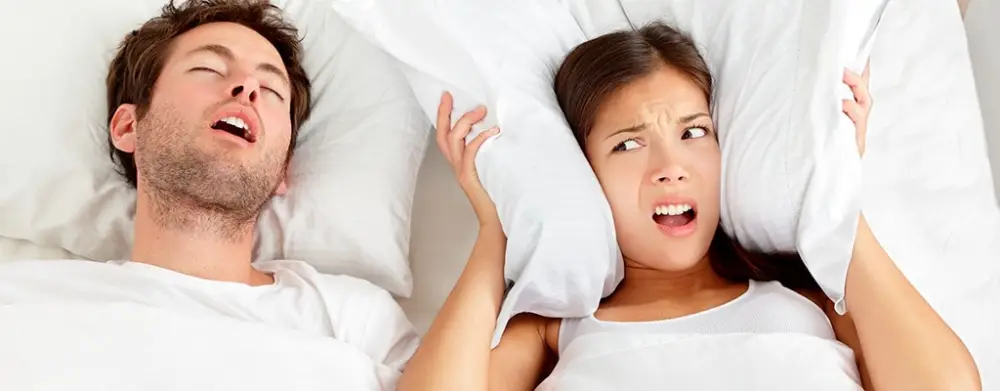
Sleeping disorders such as sleep apnea affect millions in the world. The disorder occurs without most people noticing, as it leads to interrupted normal breathing during sleep. Its complications can be quite alarming if left unaddressed, and Ahmedabad is no exception, for in this bustling city, the advanced medical facilities bring to the forefront the best possible care for sleep apnea: restoring rested sleep and refreshed health for one’s body.
In this article, we will discuss the causes, symptoms, and treatment options for sleep apnea, with a special focus on the services available here for Sleep Apnea Treatment in Ahmedabad.
What is Sleep Apnea?
Sleep apnea is a condition where breathing repeatedly stops and starts during sleep. These interruptions can last from a few seconds to a minute, significantly impacting the quality of sleep and oxygen supply to the body. There are three main types of sleep apnea:
- Obstructive Sleep Apnea (OSA):
The most common form, caused by a physical blockage in the airway, often due to relaxed throat muscles. - Central Sleep Apnea (CSA):
Caused by the brain’s inability to send proper signals to control breathing. - Complex Sleep Apnea Syndrome:
A combination of obstructive and central sleep apnea.
![Sleep Apnea Treatment in Ahmedabad]() Causes of Sleep Apnea
Causes of Sleep Apnea
Several factors can contribute to the development of sleep apnea, including:
- Obesity:
Excess weight, particularly around the neck, can lead to airway obstruction. - Genetics:
A family history of sleep apnea may increase the risk. - Narrow Airway:
Some people naturally have a narrower airway or enlarged tonsils/adenoids that can block airflow. - Lifestyle Factors:
Smoking, alcohol consumption, and sedative use can relax throat muscles, worsening sleep apnea. - Age and Gender:
Sleep apnea is more common in older adults and men, though women can also be affected, especially after menopause. - Medical Conditions:
Issues such as nasal congestion, hypertension, and diabetes may increase the risk of sleep apnea.
Recognizing the Symptoms of Sleep Apnea
Sleep apnea often goes undiagnosed because symptoms occur during sleep. However, the following signs can indicate its presence:
- Loud snoring, often noticed by a partner.
- Episodes of breathing cessation during sleep (observed by a partner).
- Gasping or choking during sleep.
- Daytime fatigue or excessive sleepiness, even after a full night’s rest.
- Morning headaches.
- Difficulty concentrating or memory problems.
- Irritability or mood swings.
- Dry mouth or sore throat upon waking.
Why Sleep Apnea Requires Immediate Attention
Sleep apnea is not just about disrupted sleep—it can lead to severe health complications, including:
- High blood pressure (hypertension).
- Heart disease, heart attack, or stroke.
- Type 2 diabetes.
- Liver problems.
- Mental health disorders such as depression or anxiety.
Increased risk of accidents due to daytime fatigue.
Diagnosis and Treatment Options
At Aashwi ENT Hospital in Ahmedabad, a comprehensive approach is used to diagnose and treat sleep apnea. Diagnosis typically involves:
- Sleep Study (Polysomnography):
A detailed overnight test to monitor breathing patterns, oxygen levels, and other physiological functions during sleep. - Home Sleep Test:
For some patients, a portable device may be used to evaluate sleep patterns at home.
Treatment Options
The treatment for sleep apnea depends on its severity and underlying cause. Here are some common options:
- Lifestyle Modifications:
- Weight loss to reduce airway obstruction.
- Avoiding alcohol, smoking, and sedatives.
- Changing sleep positions, such as sleeping on the side.
- Continuous Positive Airway Pressure (CPAP):
A CPAP machine delivers steady air pressure through a mask to keep airways open during sleep. - Oral Appliances:
Custom-fitted devices reposition the jaw and tongue to maintain an open airway. - Surgical Options:
- Uvulopalatopharyngoplasty (UPPP): Removal of excess throat tissue.
- Nasal surgery to address structural issues.
- Maxillomandibular advancement (MMA): Repositioning the jaw to enlarge the airway.
- Advanced Therapies:
Innovative treatments like Inspire Therapy involve implantable devices that stimulate the airway muscles to maintain proper airflow.
Tips for Better Sleep and Managing Sleep Apnea
While medical treatment is essential, these lifestyle tips can complement professional care:
- Maintain a healthy weight to reduce airway blockages.
- Establish a regular sleep routine with consistent bedtime and wake-up hours.
- Create a sleep-friendly environment—dark, quiet, and cool.
- Avoid heavy meals, caffeine, and alcohol close to bedtime.
- Engage in regular physical activity to improve overall health and sleep quality.


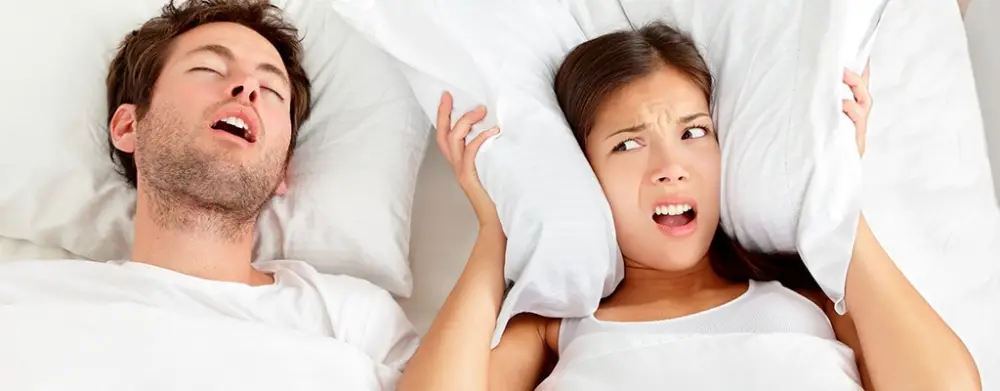 Causes of Sleep Apnea
Causes of Sleep Apnea
